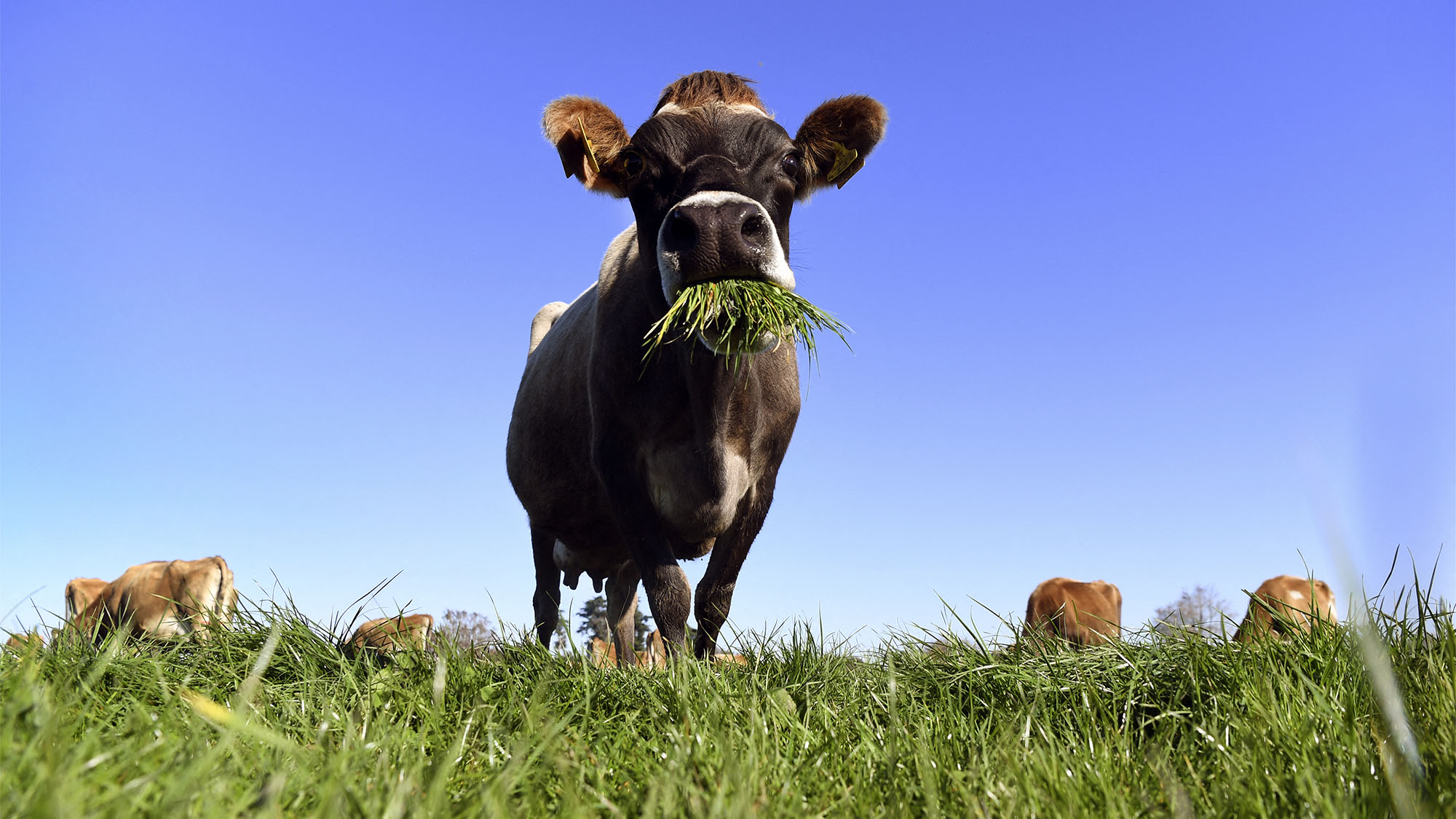The Week Unwrapped: Housing, a bank rescue, and 1918
Are British homes really the worst in the developed world? How safe are our savings? And what can we learn from the Spanish flu?
A free daily email with the biggest news stories of the day – and the best features from TheWeek.com
You are now subscribed
Your newsletter sign-up was successful
The Week and Arion McNicoll, standing in for Olly Mann, delve behind the headlines and debate what really matters from the past seven days. With Rebekah Evans, Guy Anker and Holden Frith.
You can subscribe to The Week Unwrapped wherever you get your podcasts:
In this week’s episode, we discuss:
The Week
Escape your echo chamber. Get the facts behind the news, plus analysis from multiple perspectives.

Sign up for The Week's Free Newsletters
From our morning news briefing to a weekly Good News Newsletter, get the best of The Week delivered directly to your inbox.
From our morning news briefing to a weekly Good News Newsletter, get the best of The Week delivered directly to your inbox.
Housing
A new report has shown England is officially the worst place in the developed world for housing, offering a snapshot of the ongoing housing crisis. Leaking roofs, damp walls and mouldy floors have all been reported. What is wrong with England's homes? Who is suffering the most from poor conditions? And will circumstances improve?
A bank rescue
High-street lender Metro Bank secured a last minute rescue deal after its share price plunged last week following concerns over its finances. Fifteen years on from the 2008 financial crisis, how safe are our banks? And how can savers and investors protect themselves against banks going bust and losing their money?
1918
Research published on Monday has challenged the long-held belief that the Spanish flu pandemic of 1918 was unique in its indiscriminate ability to kill otherwise healthy people of all ages. In fact, according to scientists at University of Colorado and McMaster University in Ontario, a disproportionate number of victims were also suffering from cancer or tuberculosis. As well as changing what we know about this century-old pandemic, could it inform how we respond to future outbreaks of flu?
A free daily email with the biggest news stories of the day – and the best features from TheWeek.com
-
 Why is the Trump administration talking about ‘Western civilization’?
Why is the Trump administration talking about ‘Western civilization’?Talking Points Rubio says Europe, US bonded by religion and ancestry
-
 Quentin Deranque: a student’s death energizes the French far right
Quentin Deranque: a student’s death energizes the French far rightIN THE SPOTLIGHT Reactions to the violent killing of an ultraconservative activist offer a glimpse at the culture wars roiling France ahead of next year’s elections
-
 Secured vs. unsecured loans: how do they differ and which is better?
Secured vs. unsecured loans: how do they differ and which is better?the explainer They are distinguished by the level of risk and the inclusion of collateral
-
 The Week Unwrapped: Do the Freemasons have too much sway in the police force?
The Week Unwrapped: Do the Freemasons have too much sway in the police force?Podcast Plus, what does the growing popularity of prediction markets mean for the future? And why are UK film and TV workers struggling?
-
 The Week Unwrapped: Have televised confessions quelled protests in Iran?
The Week Unwrapped: Have televised confessions quelled protests in Iran?Podcast Plus, why has Elon Musk turned from Mars to the Moon? And will the BBC prove to be a puzzles champ?
-
 The Week Unwrapped: Why are there so many Russian ships in the Channel?
The Week Unwrapped: Why are there so many Russian ships in the Channel?Podcast Plus, what does a ‘feminist’ approach to cancer involve? And who is Mickey’s new boss?
-
 The Week Unwrapped: Why is China clearing out its generals?
The Week Unwrapped: Why is China clearing out its generals?Podcast Plus, can the Conservatives win back the centre? And what’s gone wrong with Britain’s hearing aids?
-
 The Week Unwrapped: What can we learn from a tool-wielding cow?
The Week Unwrapped: What can we learn from a tool-wielding cow?Podcast Plus, have we reached ‘peak billionaire’? When should troops disobey their superiors?
-
 The Week Unwrapped: Will Uganda’s pop-star politician prevail?
The Week Unwrapped: Will Uganda’s pop-star politician prevail?Podcast Plus, is dodgy data undermining medical research? And what does a new app reveal about Chinese society?
-
 The Week Unwrapped: Is Elon Musk’s AI tool a platform for abuse?
The Week Unwrapped: Is Elon Musk’s AI tool a platform for abuse?Podcast Plus can Mumsnet predict who will be the next PM? And who is still watching Avatar sequels?
-
 The Week Unwrapped: What’s the cost of PFAs?
The Week Unwrapped: What’s the cost of PFAs?Podcast Plus why is George Osborne joining OpenAI? And has universal basic income finally come of age?